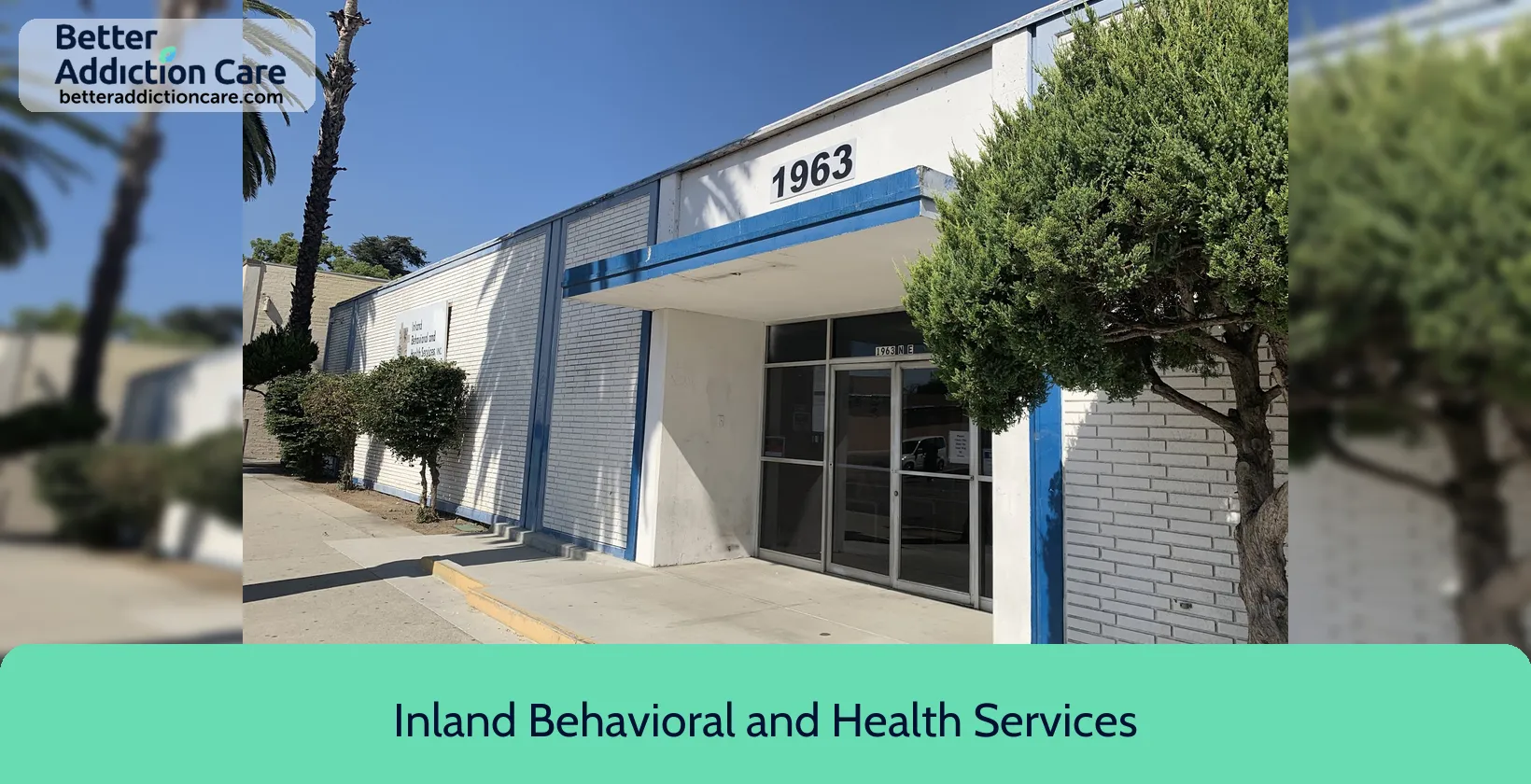Valley Star Crisis Residential Treatment

Overview
Valley Star Crisis Residential Treatment is an substance abuse treatment center that provides inpatient treatment for men and women from 18+ years of age. As part of their special programs, Valley Star Crisis Residential Treatment treats active duty military, persons with eating disorders, and clients who have experienced trauma. To help patients achieve sobriety, Valley Star Crisis Residential Treatment provides intake assessments. Afterward, patients receive family counseling, individual psychotherapy, and cognitive behavioral therapy during treatment. Valley Star Crisis Residential Treatment is located in San Bernardino, California, providing treatment for people in San Bernardino County, accepting county or local government funds, other state funds, and state-financed health insurance plan other than medicaid.
Valley Star Crisis Residential Treatment at a Glance
Payment Options
- County or local government funds
- Other State funds
- State-financed health insurance plan other than Medicaid
- State mental health agency (or equivalent) funds
- Cash or self-payment
Assessments
- Comprehensive mental health assessment
- Comprehensive substance use assessment
Age Groups
- Young adults
Operation
- Private for-profit organization
Highlights About Valley Star Crisis Residential Treatment
6.71/10
With an overall rating of 6.71/10, this facility has following balanced range of services. Alcohol Rehabilitation: 8.00/10, Drug Rehab and Detox: 6.00/10, Insurance and Payments: 6.00/10, Treatment Options: 6.85/10.-
Alcohol Rehabilitation 8.00
-
Treatment Options 6.85
-
Drug Rehab and Detox 6.00
-
Insurance and Payments 6.00
Treatment At Valley Star Crisis Residential Treatment
Treatment Conditions
- Mental health treatment
- Substance use treatment
- Co-occurring Disorders
Care Levels
- Hospital inpatient treatment
Treatment Modalities
- Family counseling
- Individual psychotherapy
- Cognitive Behavioral Therapy
- Eating Disorder Treatment
- Group counseling
Ancillary Services
Languages
- Spanish
Special Programs
- Active duty military
- Persons with eating disorders
- Clients who have experienced trauma
Get Help Now
Common Questions About Valley Star Crisis Residential Treatment
Contact Information
Other Facilities in San Bernardino

6.59

6.59

6.96

6.77
DISCLAIMER: The facility name, logo and brand are the property and registered trademarks of Inland Behavioral and Health Services, and are being used for identification and informational purposes only. Use of these names, logos and brands shall not imply endorsement. BetterAddictionCare.com is not affiliated with or sponsored by Inland Behavioral and Health Services.
